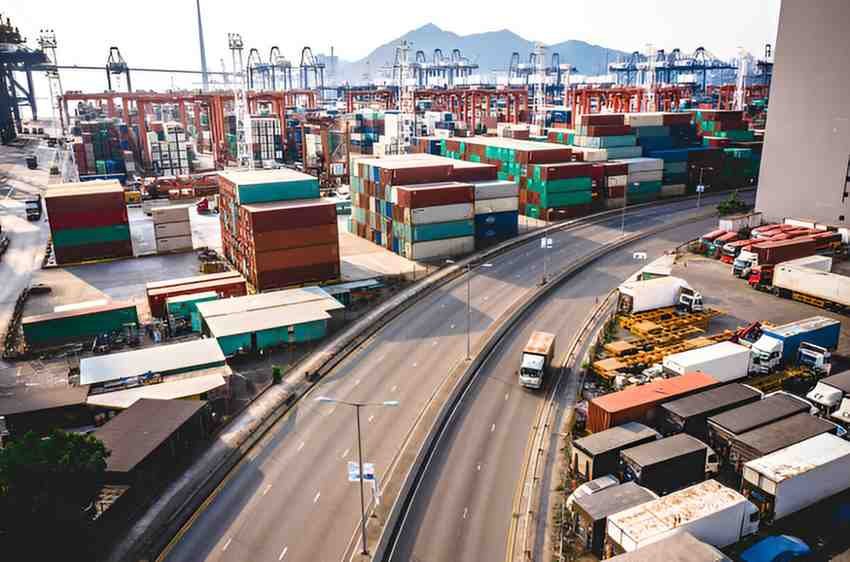In economics, the concept of economic goods plays a fundamental role in understanding how goods are classified based on their scarcity and demand. This guide will explain what economic goods are, how they differ from other types of goods, and provide examples to illustrate their significance in economics.
Table of Contents
What are Economic Goods?
Definition
Economic goods are tangible or intangible products that are scarce relative to their demand, meaning they have a limited supply compared to the desire for them. These goods have a positive economic value and are typically traded in markets where consumers are willing to pay a price to acquire them.
Characteristics of Economic Goods
- Scarcity: Economic goods are scarce, meaning their supply is insufficient to meet the total demand at a zero price.
- Demand: There is a demand for economic goods because people want them and are willing to pay a price to obtain them.
- Value: Economic goods have value in economic terms, as they command a price in the market based on supply and demand dynamics.
Types of Economic Goods
1. Consumer Goods
Consumer goods are products purchased for direct consumption or use by individuals. Examples include food, clothing, electronics, and vehicles. These goods are typically bought by consumers in retail markets.
2. Capital Goods
Capital goods are goods used by businesses to produce other goods and services. They are often durable and include machinery, equipment, factories, and infrastructure. Capital goods facilitate production and are essential for economic growth.
3. Services
While not tangible, services are also considered economic goods if they meet the criteria of scarcity and demand. Services include activities performed by individuals or businesses for a fee, such as healthcare, education, transportation, and financial services.
Examples of Economic Goods
Example 1: Oil
Oil is a classic example of an economic good due to its scarcity and high demand globally. It is essential for energy production, transportation, and manufacturing, making it a valuable commodity traded in international markets.
Example 2: iPhones
Consumer electronics like iPhones are economic goods because they are produced in limited quantities relative to consumer demand. People purchase iPhones for their functionality, status, and utility, contributing to their economic value.
Difference Between Economic Goods and Free Goods
Free Goods
Free goods are abundant and available in quantities that exceed demand, making them freely available without a price. Examples include air, sunlight, and seawater in some contexts. These goods do not have an economic cost because they are not scarce relative to demand.
Importance of Economic Goods
1. Allocation of Resources
The concept of economic goods guides the allocation of scarce resources among competing uses. Prices of economic goods reflect their scarcity and help allocate resources efficiently.
2. Economic Decision Making
Consumers and businesses make economic decisions based on the availability and price of economic goods. Choices about what to produce, consume, and invest in are influenced by the scarcity and value of goods in the market.
3. Market Efficiency
Economic goods play a crucial role in market economies by promoting efficiency in resource allocation and production. Markets for economic goods allow supply and demand forces to determine prices and quantities, ensuring goods are distributed to those willing to pay for them.
Challenges and Considerations
1. Externalities
Production and consumption of economic goods can lead to externalities such as pollution or congestion, which may require government intervention or regulation.
2. Sustainability
Managing the use of economic goods sustainably is important to avoid depletion of natural resources and environmental degradation.
3. Equity
Ensuring equitable access to essential economic goods like healthcare and education is essential for societal well-being and economic development.
Conclusion
Economic goods are goods that are scarce relative to demand, have economic value, and are traded in markets. They include consumer goods, capital goods, and services that fulfill human needs and desires. Understanding economic goods helps individuals, businesses, and governments make informed decisions about resource allocation, production, consumption, and policy-making.





